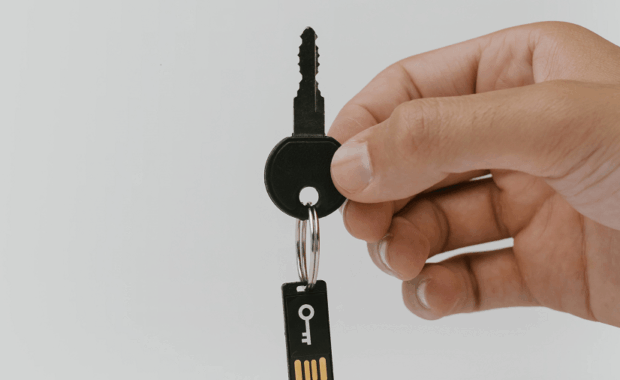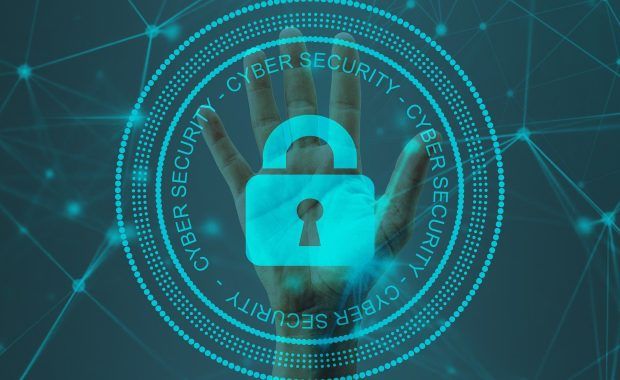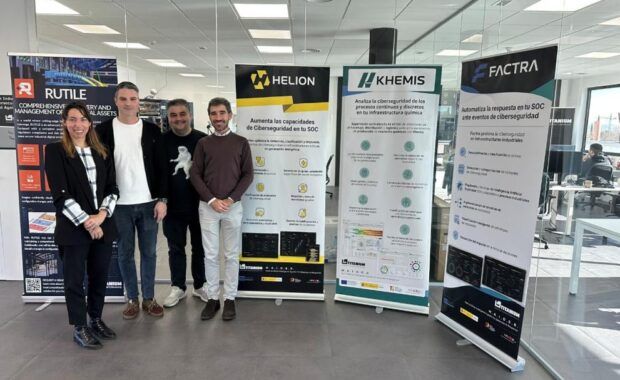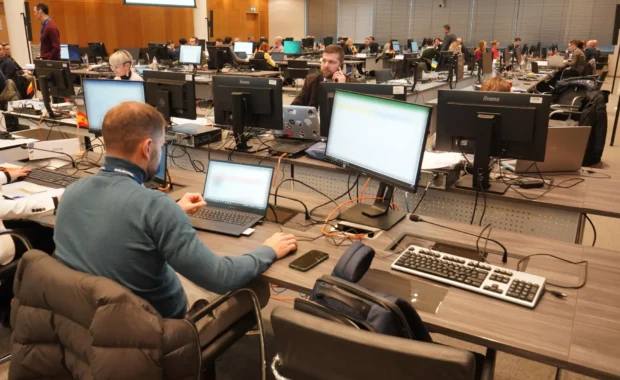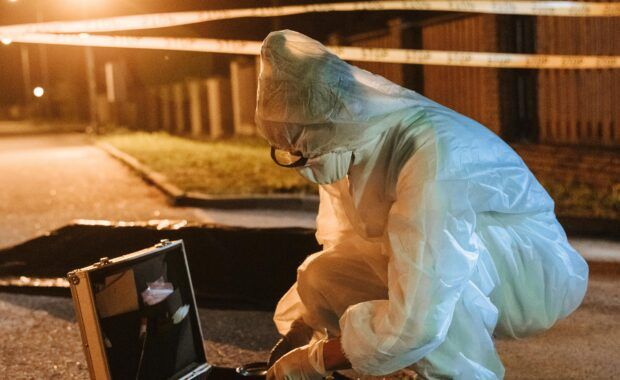Girls Go Circular is inviting female students and alumnae to explore the world of Cybersecurity and its potential to solve real-life societal challenges, and win a trip to attend the Women and Girls in STEM Forum 2025 in Brussels, Belgium. Who can apply Schoolgirls aged 14-19 (with a teacher to guide them) Participants or alumni […]
Commission presents Roadmap for law enforcement data access
The European Commission presented last June 24 a Roadmap setting out the way forward to ensure law enforcement authorities in the EU have effective and lawful access to data. The roadmap is an important deliverable under ProtectEU – the EU’s Internal Security Strategy which the Commission presented in April this year. Terrorism, organised crime, online fraud, drug trafficking, child […]
EU adopts plan to improve cybersecurity crisis management
Telecoms ministers adopted on 6 June the EU Master Plan for Cybersecurity Crisis Management, which provides guidance for the EU’s response to large-scale cybersecurity incidents or cybersecurity crises. The EU Cybersecurity Master Plan is an important guidance resource through which Member States can improve their preparedness for cybersecurity incidents, as well as their detection and […]
6 tips to spot and stop information manipulation
Information manipulation can prevent people from making informed decisions by misleading them. New technologies allow false or distorted content to spread faster and on a larger scale than ever before. To stop its harm, it is needed to learn how to recognise it. Factchecking can help set the record straight. Empowering citizens, independent fact-checkers and civil society is therefore essential. What […]
Commission to invest €1.3 billion in artificial intelligence, cybersecurity and digital skills
The Commission will allocate €1.3 billion for the deployment of critical technologies that are strategically important for the future of Europe and the continent’s tech sovereignty through the Digital Europe Programme (DIGITAL) work programme for 2025 to 2027 adopted on March 28th. The work programme focuses on the deployment of Artificial Intelligence (AI) and its uptake […]
European Commission Representation in Spain visits Titanium Industrial Security’s facilities
On 16 January, a team from the European Commission visited Titanium Industrial Security (“Titanium”) in Madrid to see first-hand projects demonstrating how NextGenerationEU funds support the cyber security industry. Titanium was founded in 2016 in San Sebastian to provide services and advice to industrial companies in the field of cybersecurity. It is headquartered in San […]
Europol holds largest-ever operation to increase seizures of criminal assets worldwide
For the first time ever, Europol has welcomed to its headquarters over 80 financial experts from all around the world to participate in Project A.S.S.E.T. (Asset Search & Seize Enforcement Taskforce), a unique initiative aimed at enhancing the number of criminal assets seized globally. In total, 43 law enforcement agencies from 28 countries joined the […]
Launch of European Automotive Industry Dialogue on January 30
The Commission and the European Board for Digital Services welcome the integration of the revised ‘Code of conduct on countering illegal hate speech online +’ into the framework of the Digital Services Act (DSA), which encourages voluntary codes of conduct to tackle risks online. The Code of conduct+, which builds on the 2016 on the initial Code […]
Advances in security and criminal investigation: get to know the SIRIUS project
Building on six years of successful support to national law enforcement agencies (LEAs) and judicial authorities (JAs) in the field of electronic evidence, Europol and Eurojust launched the third phase of the SIRIUS project in January 2025. 00 Phase 3 of the SIRIUS project will continue to assist LEAs, JAs, and service providers in navigating […]


